Babylonstoren hotel review: 'As close to paradise as one can imagine'
Octavia Pollock passes through the portals of Babylonstoren and enters an enchanted world of ancient plants, fine wine and historic design, where every element, from scented field to owl box and beechnut path, contributes to the farm-to-table ethos.
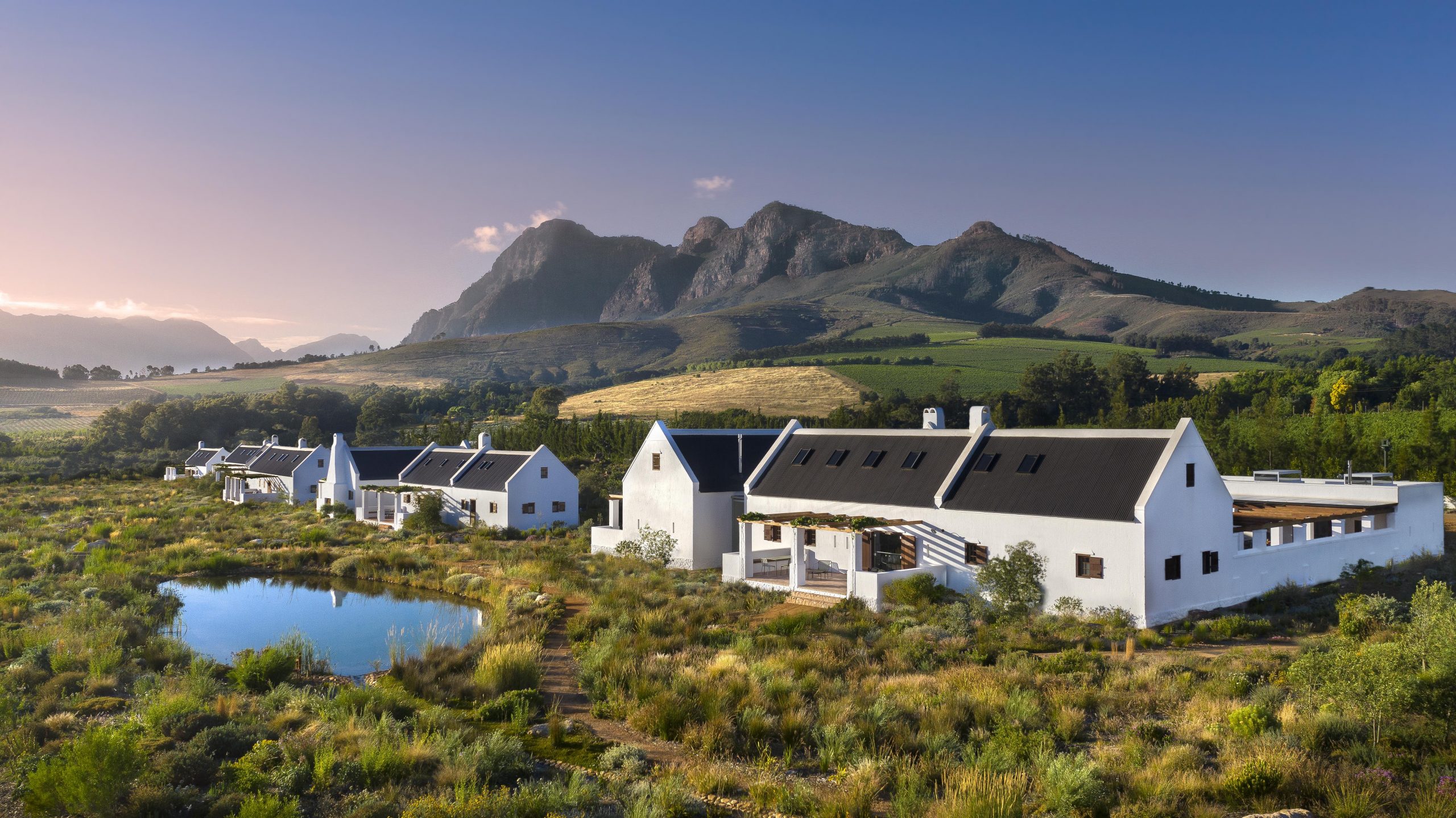
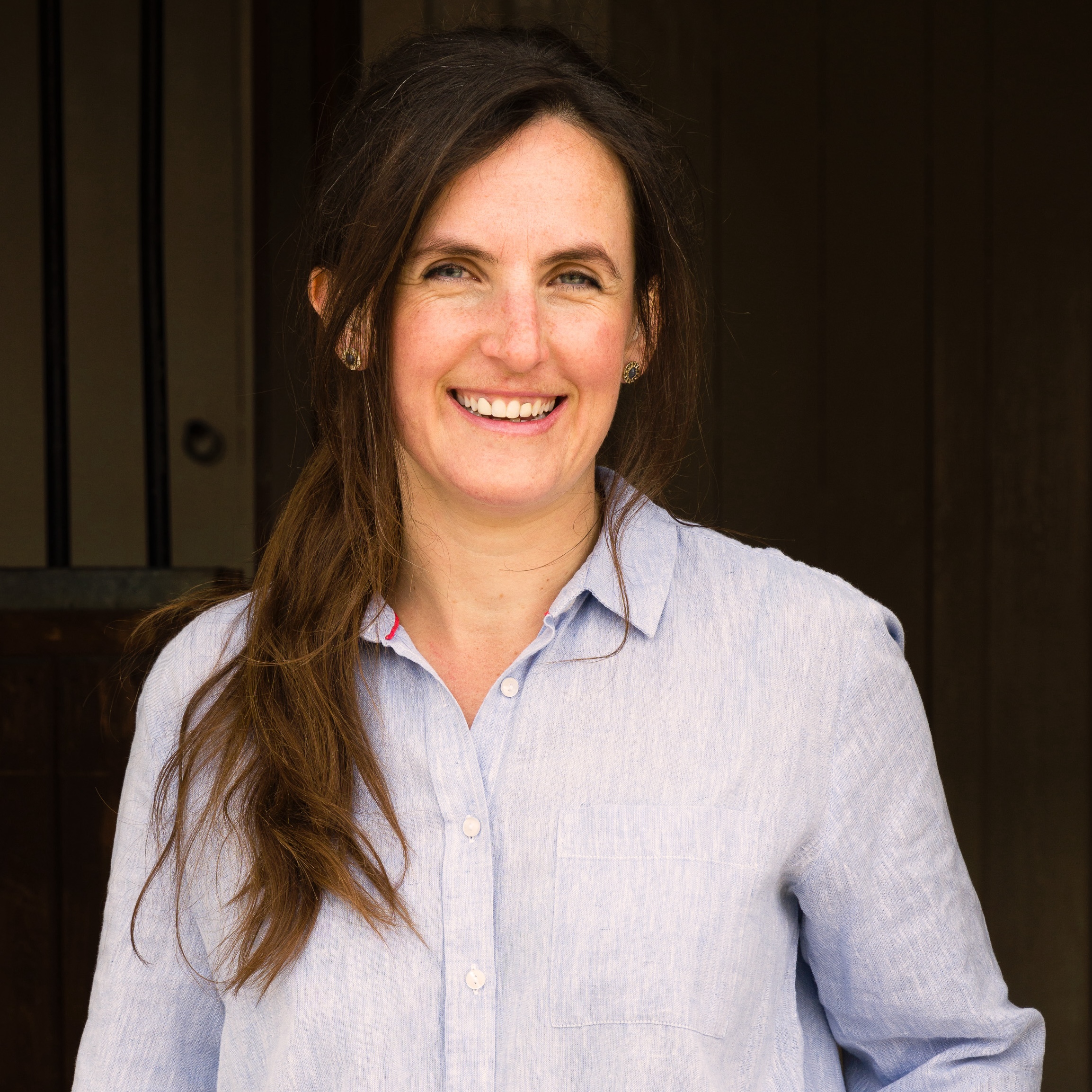
To be expelled from the gardens of Babylonstoren would be worse than it was for Adam and Eve being expelled from Eden. This is as close to paradise as one can imagine, an oasis of imagination, abundance and diligence, where every single item is edible or useful, from the seed pods of the cacao tree to the fallen guavas begging to be picked up and the fields of chamomile.
Owl boxes play host to the birds of prey that keep the rodents down, flowers tempt beneficial insects and herds of springbok and reed buck bound through the orchards. Above rises the rocky slopes of Simonsberg, part of the range that rings Franschhoek, the wine-soaked town north-east of Cape Town in South Africa.
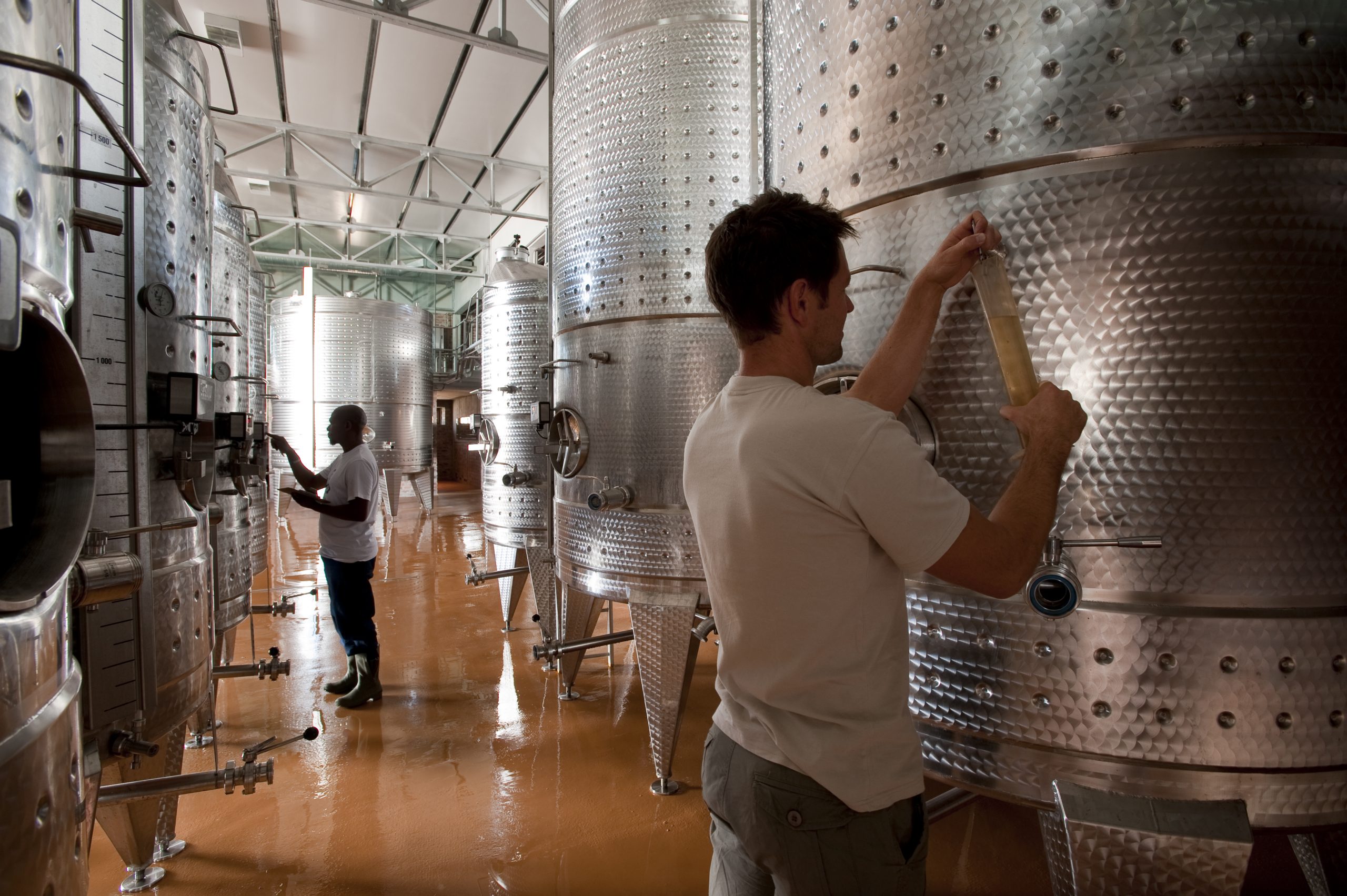
My friend and I arrived after a week on her farm in the Great Karoo desert, where baboons bark and rare Cape Mountain zebra roam. We had walked for miles without seeing a soul and feasted on kudu shot on the farm, before attending the stoep-tasting wine festival in the local town of Graaff Reinet, to which wineries from across South Africa flock with their finest bottles.
Among them was Babylonstoren, but we eschewed tasting the wines there in favour of trying them on site and we were far from disappointed. Deep in the vaulted cellars at Babylonstoren, tour guide Brent took us through 10 exquisite wines, made from the 13 grape varieties grown here, each paired with a morsel of deliciousness, from macadamia nuts grown on the farm to spicy cheese and homemade biltong.
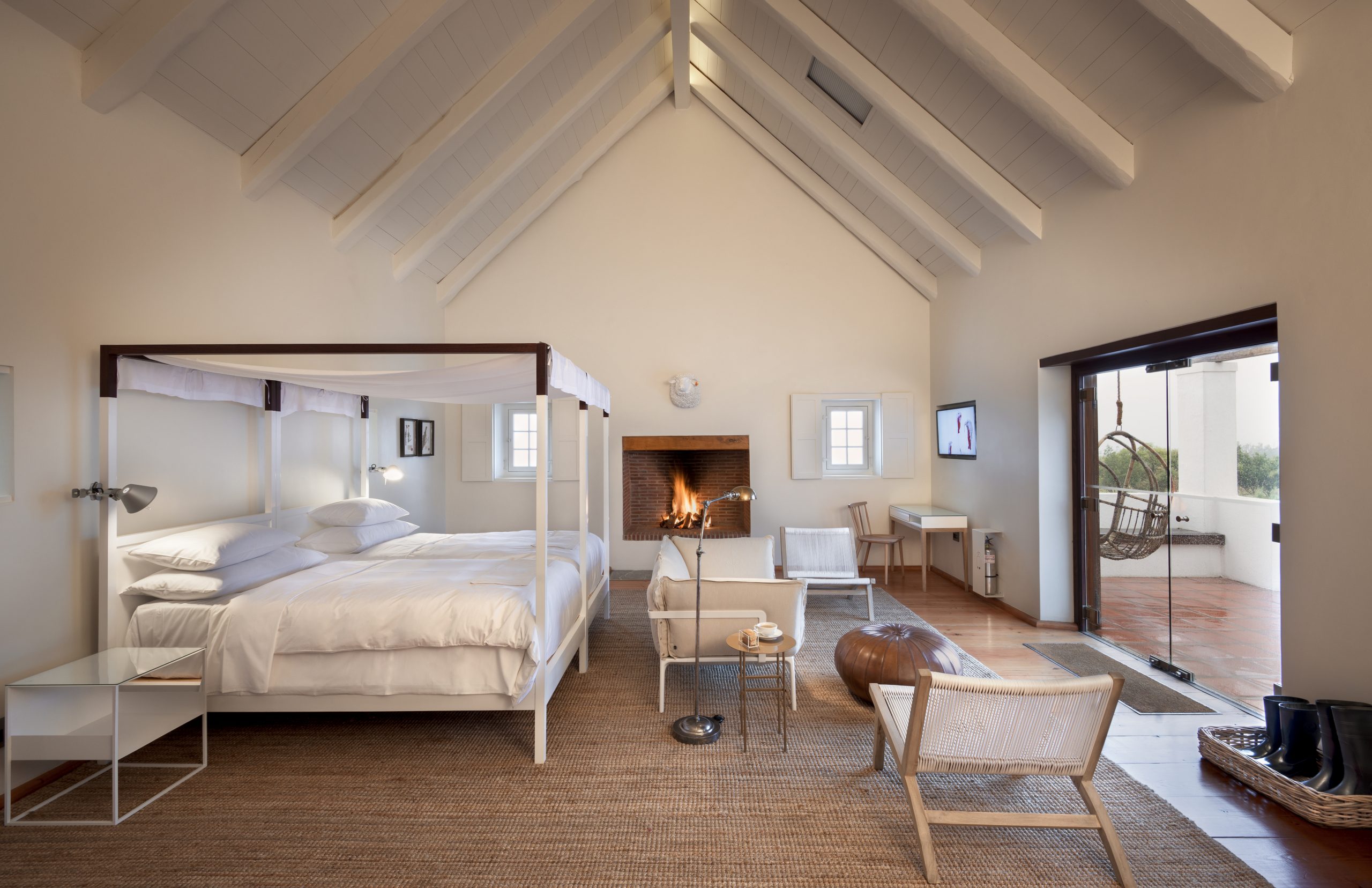
Such is the quality of the wine that it is a surprise that guests staying in the Fynbos Cottages (above), as we were, are given the use of a golf buggy for the duration, to whiz up and down the roads through the citrus orchards groaning with fruit in the autumn of the South African year. We may have enjoyed ourselves a little too much: although, being of little power, the buggies don’t go very fast, they do bounce satisfactorily over the speed bumps by the tasting rooms…
Babylonstoren has an long and distinguished history, being founded when the Dutch were recognising the value of the Table Bay and the wider Cape, with its clement climate and fertile land, as a stopping point for Dutch India Company traders sailing to and from Holland and the Far East.
Today, the white-painted Cape Dutch architecture is characteristic of the area and especially of Babylonstoren, which dates back to when Governor Simon van der Stel granted the freeburgher Pieter van der Byl the land in 1692. The name comes from the conical hill that overlooks the farm, which bore resemblance to the Tower of Babel, in turn reflecting the many languages spoken here, from native Khoi and San to Dutch, French and German.
Sign up for the Country Life Newsletter
Exquisite houses, the beauty of Nature, and how to get the most from your life, straight to your inbox.
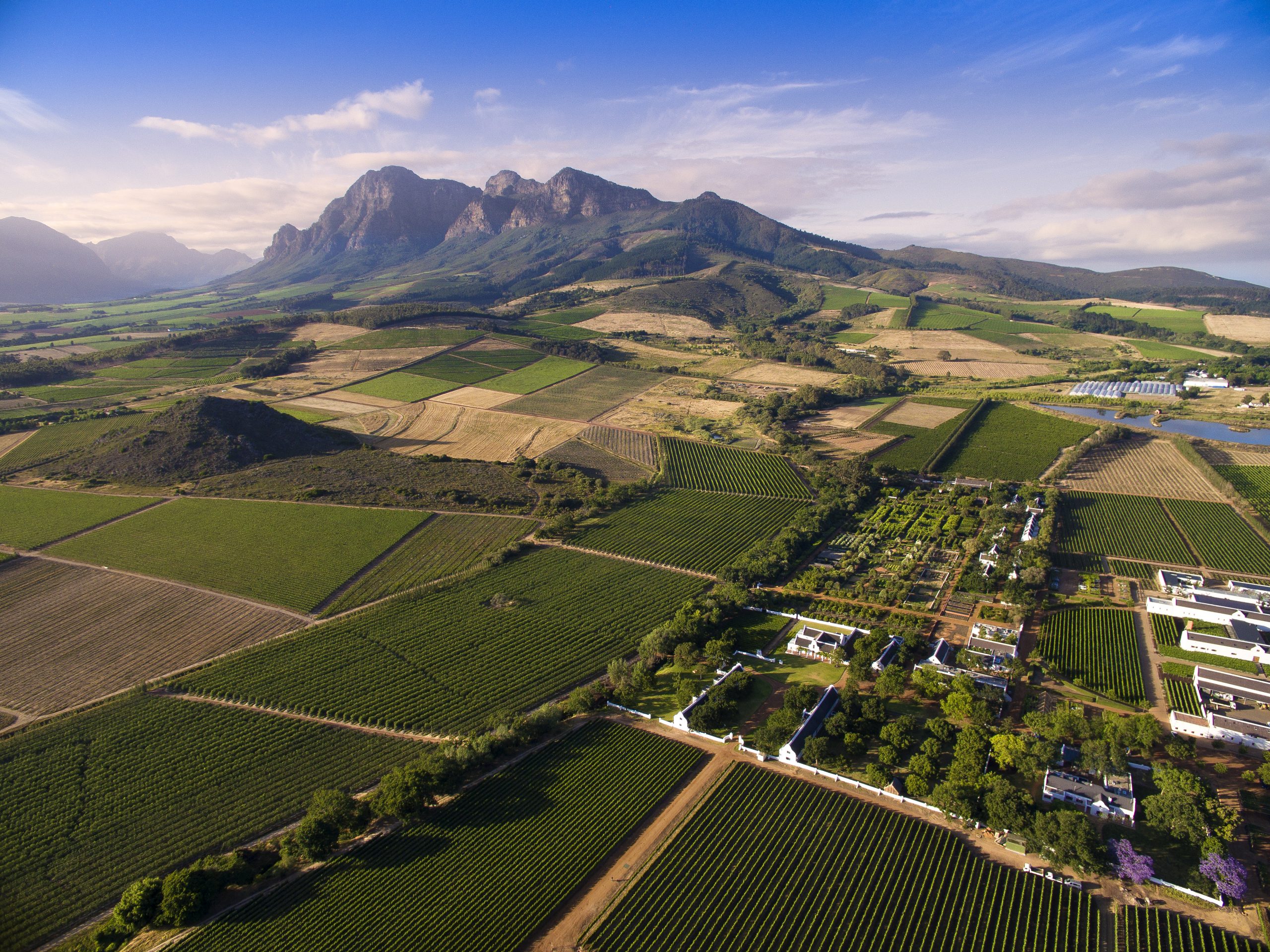
The farm thrived over the centuries until it was bought by Karen Roos in 2007 and entered a new and distinguished phase. French architect Patrice Taravella designed the gardens, based on the original Company’s Gardens in Cape Town, with a nod to the Hanging Gardens of Babylon, distilled through M. Taravella’s background in classical French discipline.
Over the next few years, the gardens took shape, with pathways, canals and pergolas constructed, and, in November 2010, Babylonstoren welcomed guests for the first time. The logo seen everywhere embodies its philosophy: a pipe for the farmer, a flower for the garden and a bird for Nature. Here, keeping things as true to the earth as possible is the abiding principle.
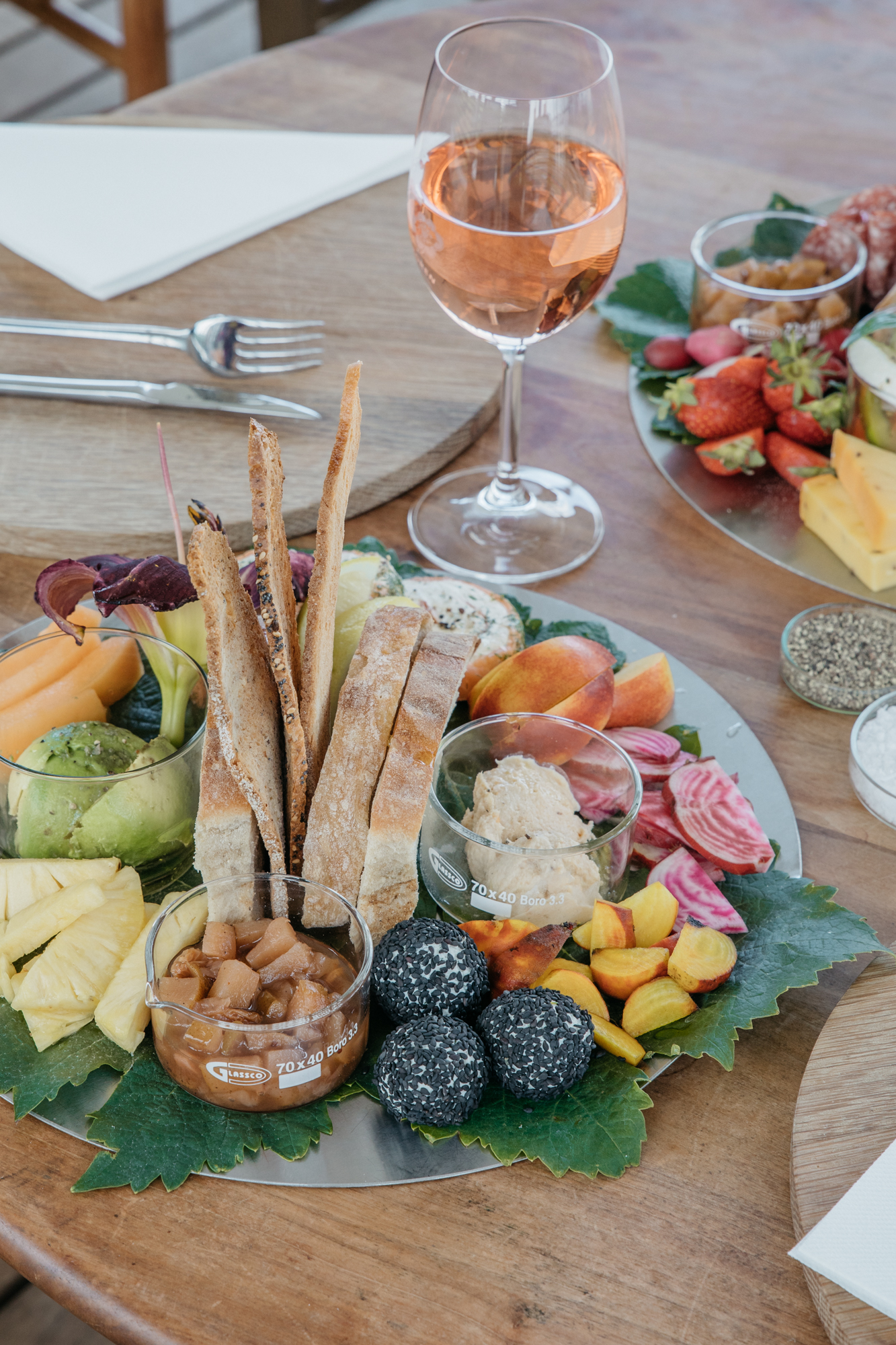
It would be easy to spend days simply wandering around the 12-acre gardens, plucking a guava fruit here, a clementine there, but the best way to get deep into the heart of Babylonstoren is on a tour with one of the excellent and knowledgeable guides.
Sadly, the heavy rains meant my sunset drive up the Simonsberg mountain was impossible — we might have got up the red-clay tracks, but not down — but Morné made our farm tour an absorbing one, finishing with delectable wine and homegrown nibbles in the lake boathouse as lightning flashed and thunder rolled.
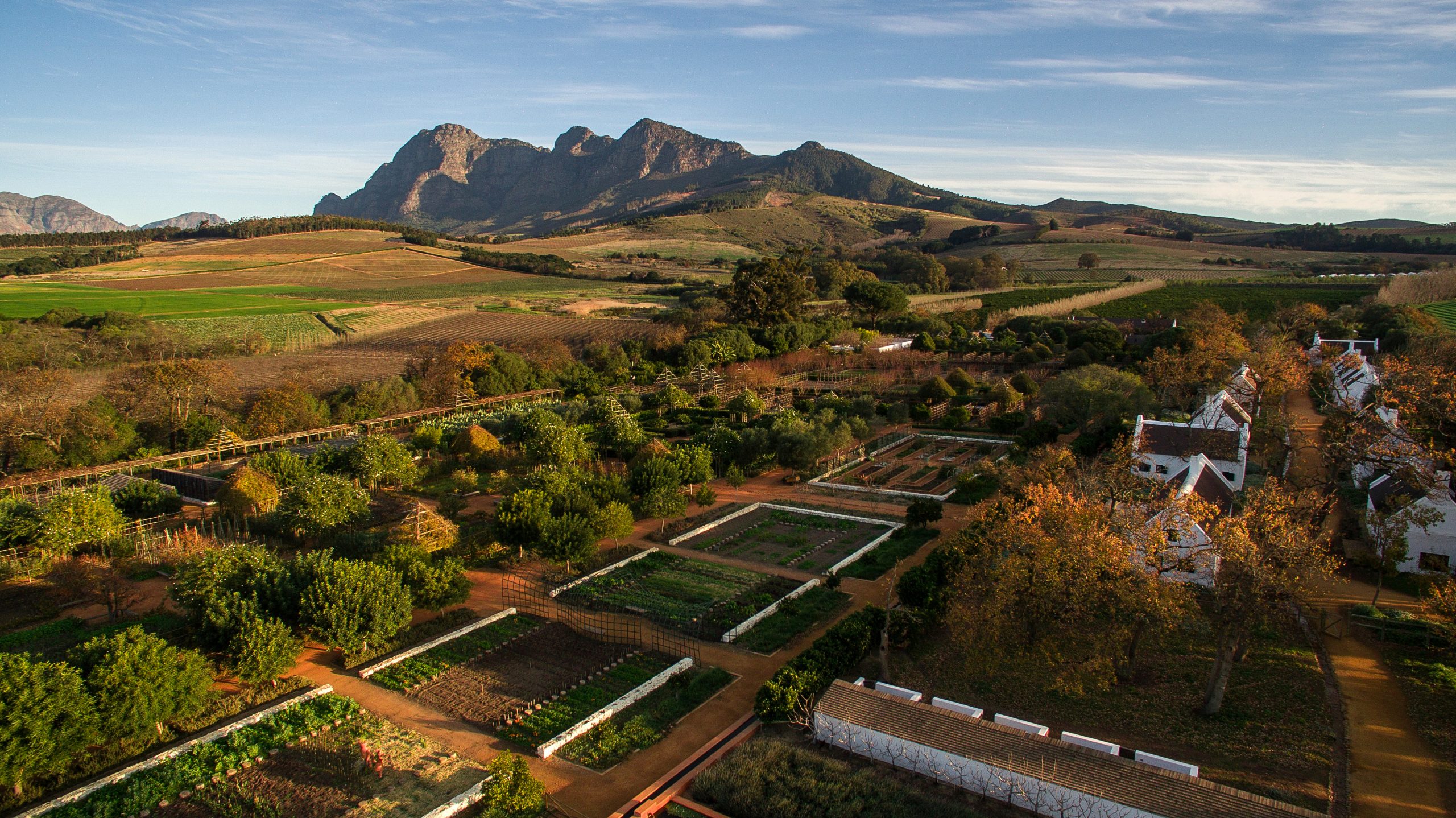
Before the rain came, we passed through orchards of blood orange and lemon, past lines of poplars planted as wind breaks, bore holes, a rock garden with areas representing different African deserts (the Namibian section was covered against the damp), dragon fruit and a grove of Protea, the country’s national flower. There are 13 olive varieties grown in 40 acres, rooibos and honeybush tea,rare native fruits, rice paddies, citrus and, of course, 13 different wine grapes, the principal crop. The huge walled kitchen garden is a sight to behold, a patchwork of neat rows of lettuce and Everything is intended for the restaurant first, then to sell elsewhere.
Yet not everything is for consumption. Babylonstoren is home to spectacles: the astonishing Succulent House crammed with rarities; the Healing Garden planted with medicinal plants laid out for a human body, with herbs for the head at the top; a Spice House redolent of coffee and cinnamon; and, most remarkable of all, the Cycad Collection laid out along a stream. Standing in the centre are two 5,000-year-old behemoths, each weighing 11 tons and worth some £5 million. Such is the rarity of cycads that they are poached like rhinos are for their horn, so this safe haven is vital for the survival of the species. ‘We want to create a library of plants,’ explains Morné, ‘to have examples of everything here.’
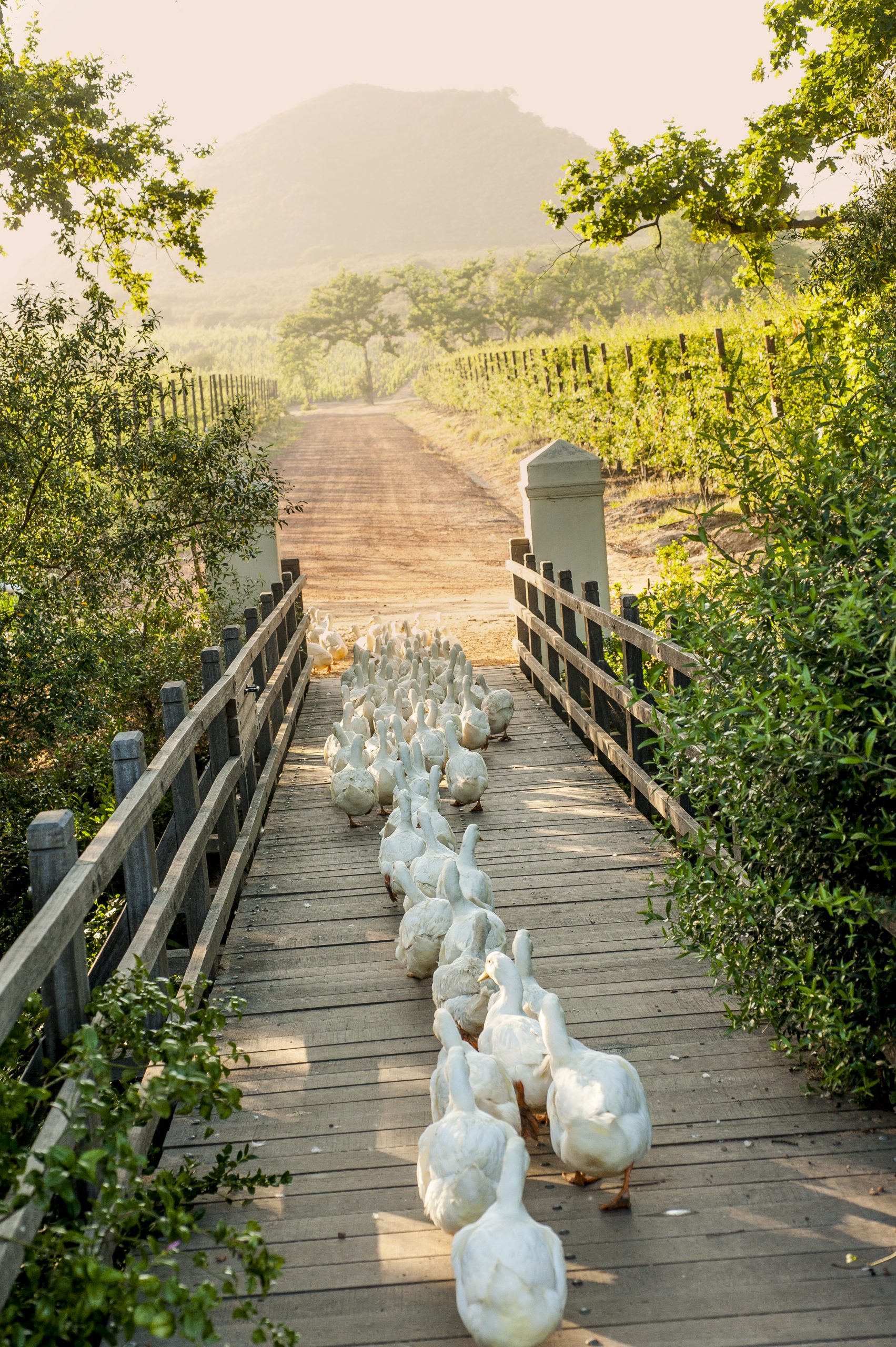
Within the 15-section garden, beech-nut paths lead through herb hedges and into the Garden of the San dedicated to the indigenous tribes, mouse birds flutter their long tails above sculptural grafted medlar trees and a 70m puff-adder mosaic, laid out by hand, winds through a slatted-wood tunnel hung with plant treasures. Chickens cluck and ducks roam, weaver birds build their woven nests, edible lotus lilies bloom and bees buzz around the macadamia trees.
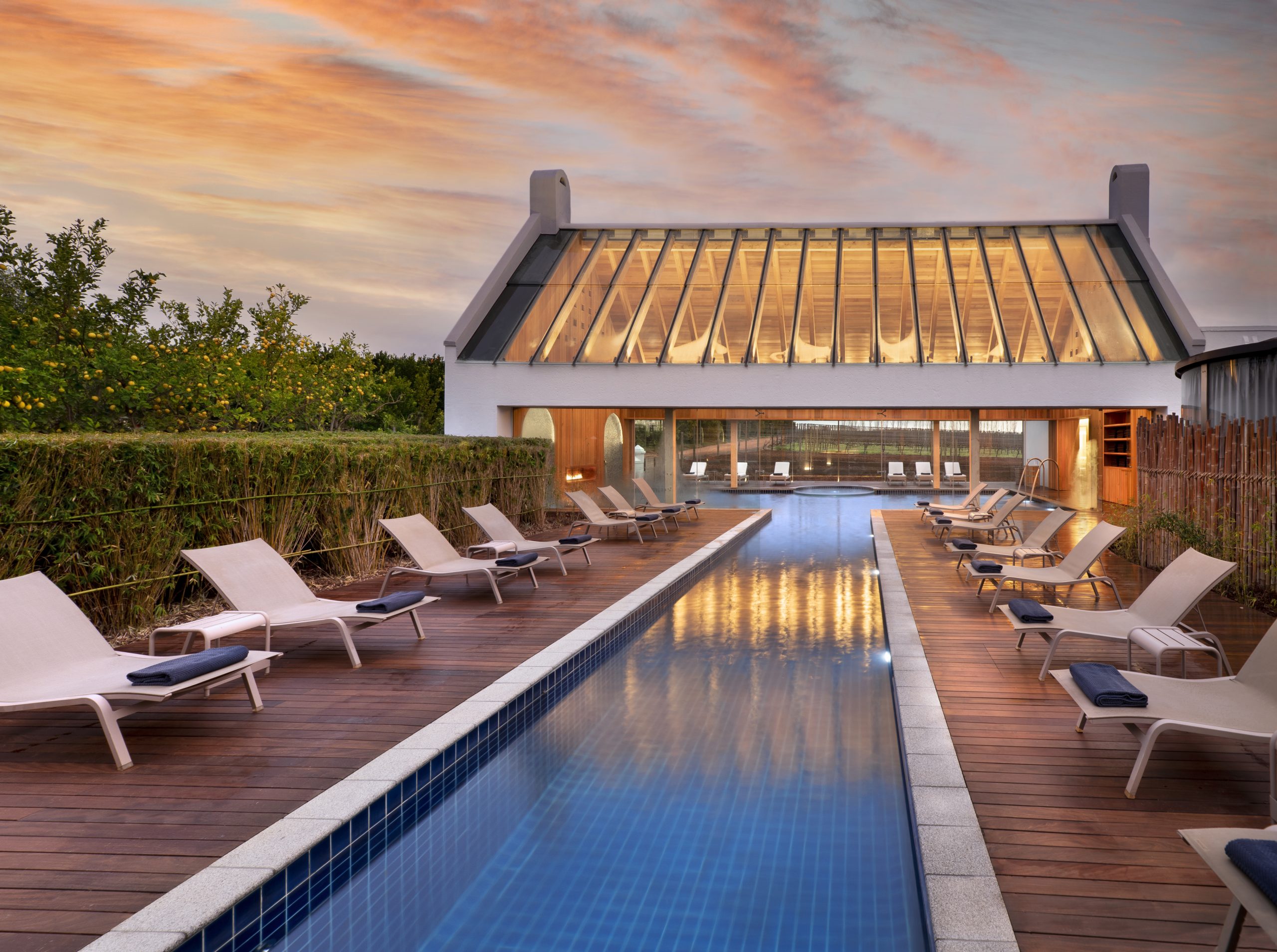
In a place where everything is grown for the table, it is expected that the food is top notch and we were not disappointed. Breakfast in the Babel Restaurant is a farm-to-fork banquet of fresh fruits and eggs, honeycomb and muesli, ham and cheese. For dinner, an Italian-themed tasting menu in the Bakery began with a platter of antipasti that could have fed us for a week, groaning with fruits, cured meat and cheese, and followed with various types of pizza, mouthwatering ravioli and exquisite gelato. On our second night, relaxed from a Herbal Poultice Massage in the stylishly soothing Hot Spa, we opted for room service, delivered by the ever-cheerful porters, curled up in front of the fire in our robes as the rain poured down outside.
A final treat was the essential-oils tour led by Warren, driving first to the fields of lavender and chamomile, rosemary and rose geranium, before mixing up our own scrub in the Scented Room. With soft skin and sated stomachs, relaxed bodies and opened minds, we lingered in the farm shop before dragging ourselves away, resolving to return to enjoy the many treats that still lay in wait for us. After all, this is a working, growing farm where every season is distinct, so it would surely be sacrilegious not to experience all of them.
Accommodation ranges from one- and two-bedroom Garden Cottages to suites in the Farmhouse and the five-bedroom exclusive-use Manor House and Fynbos Family House. The farm and spa are also open to day visitors.
Rooms from £540 per night, based on two sharing, including breakfast, garden access, a guided garden tour, fishing, bicycles, rowing, a mountain drive, bread baking, a cellar tour, wine tasting, laundry service (up to six items per day), workshops, and a personalised larder. Families are welcome, and children under two stay for free. Visit www.babylonstoren.com for more information and to book.
Octavia, Country Life's Chief Sub Editor, began her career aged six when she corrected the grammar on a fish-and-chip sign at a country fair. With a degree in History of Art and English from St Andrews University, she ventured to London with trepidation, but swiftly found her spiritual home at Country Life. She ran away to San Francisco in California in 2013, but returned in 2018 and has settled in West Sussex with her miniature poodle Tiffin. Octavia also writes for The Field and Horse & Hound and is never happier than on a horse behind hounds.
-
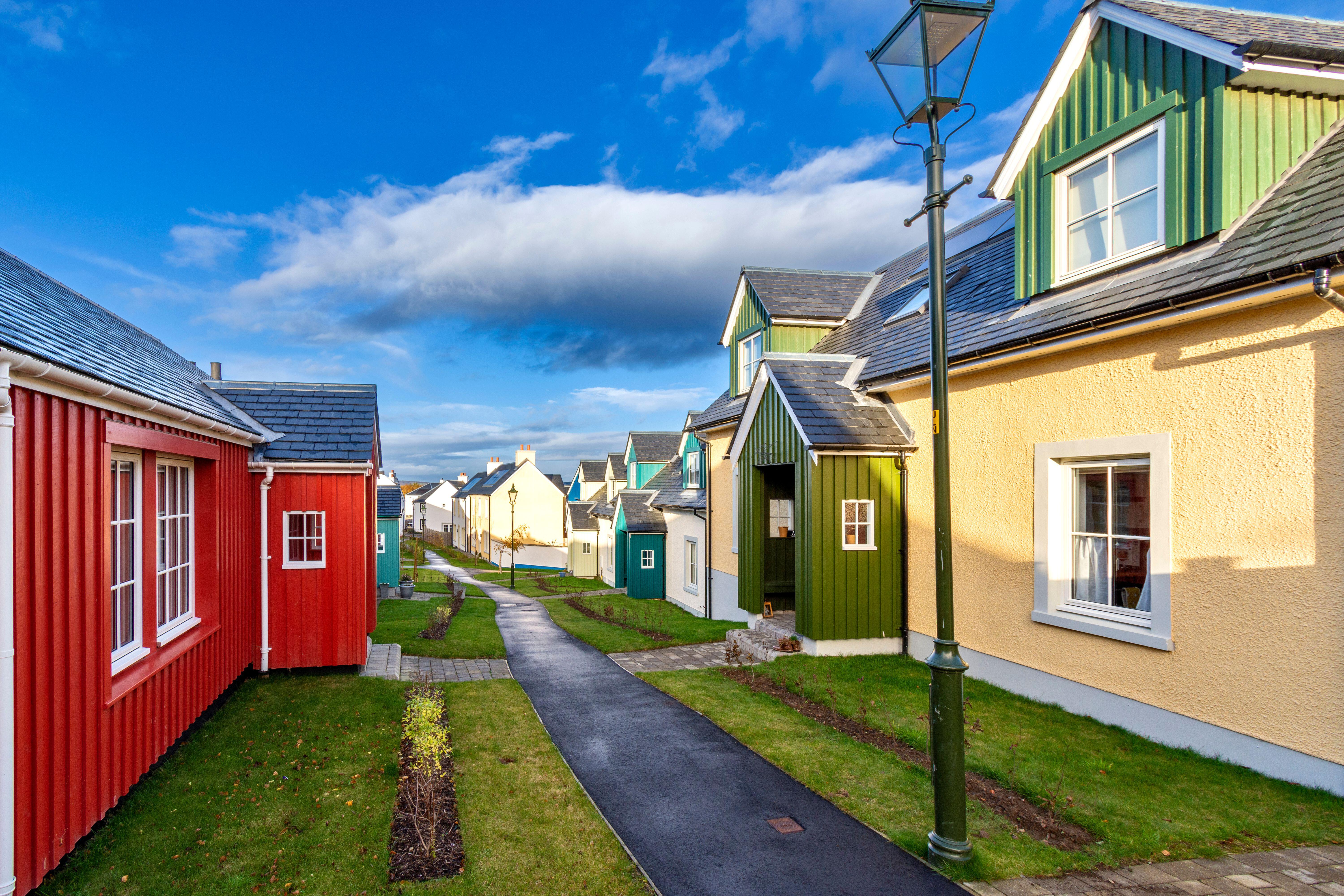 What should 1.5 million new homes look like?
What should 1.5 million new homes look like?The King's recent visit to Nansledan with the Prime Minister gives us a clue as to Labour's plans, but what are the benefits of traditional architecture? And can they solve a housing crisis?
By Lucy Denton
-
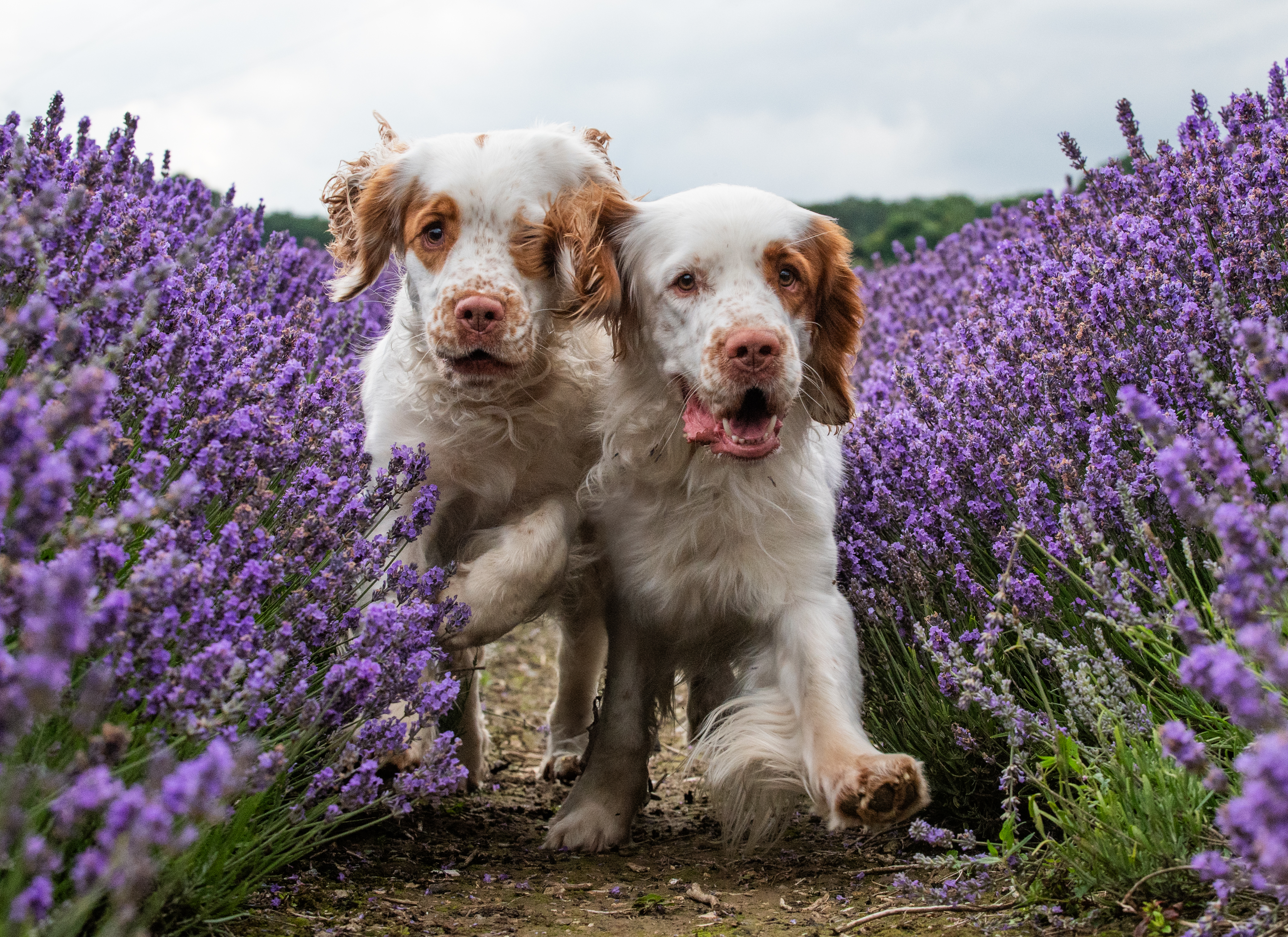 Having a ruff day: Kennel Club exhibition highlights the plight of vulnerable spaniel breeds
Having a ruff day: Kennel Club exhibition highlights the plight of vulnerable spaniel breedsPhotographer Melody Fisher has been travelling the UK taking photographs of ‘vulnerable’ spaniel breeds.
By Annunciata Elwes